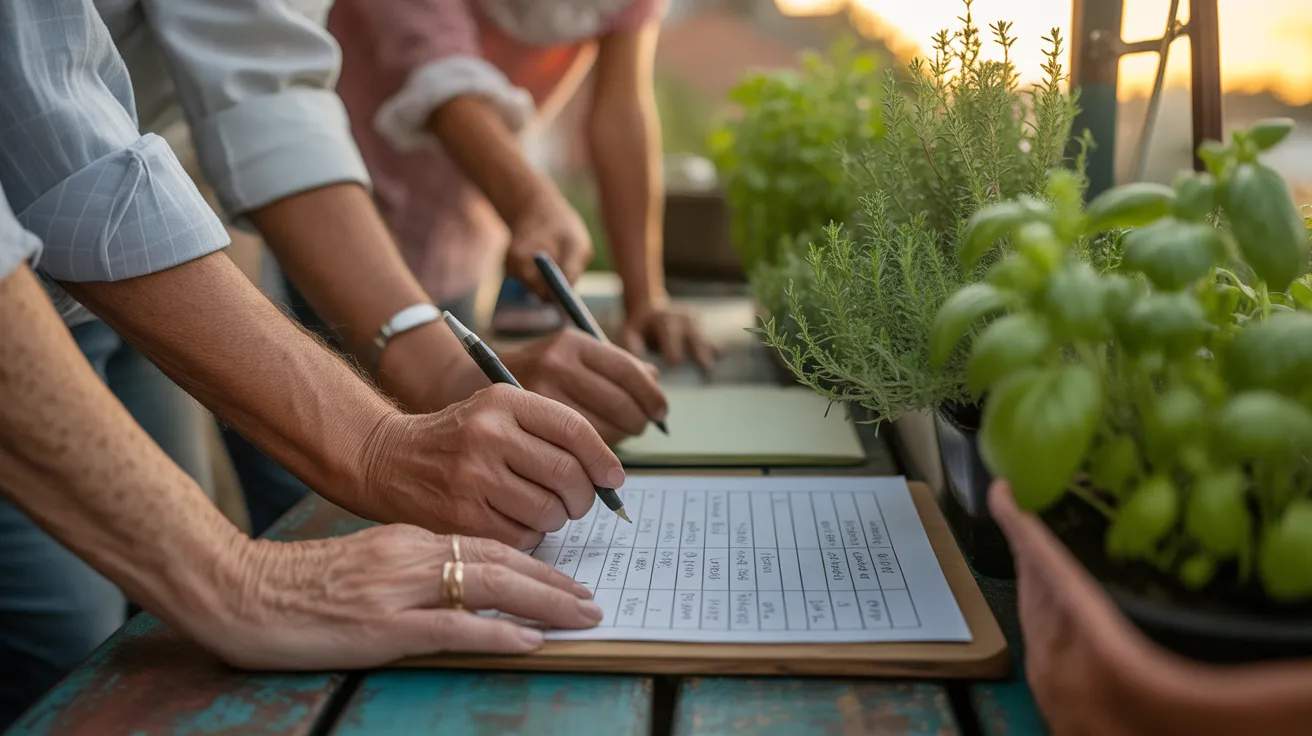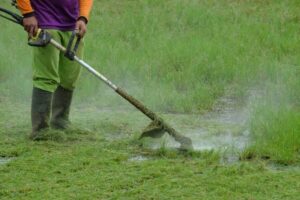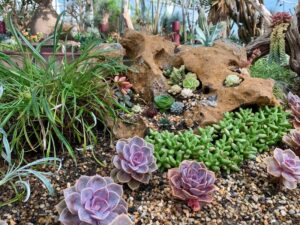
Watering and Feeding Your Herbs
Develop a Watering Schedule
There is no universal watering schedule for container plants. You must learn to check the soil. The most reliable method is the finger test. Insert your finger two inches into the soil. If it feels dry, you need to water. If it feels damp, check again the next day. Balcony conditions change daily. A hot, windy day dries pots much faster than a cool, overcast day. Small terracotta pots require more frequent watering than large glazed or plastic pots. Check moisture-loving plants like basil every day during hot weather. Drought-tolerant plants like rosemary might need water only once a week.
Balcony Irrigation Tips
Watering efficiently saves water and promotes plant health.
- Water in the morning. Morning watering reduces evaporation and allows plant leaves to dry completely. Dry leaves are less susceptible to fungal diseases.
- Water the soil, not the leaves. Use a watering can with a narrow spout to direct water to the base of the plant.
- Water deeply. Light, shallow watering only wets the surface. A deep watering encourages strong root growth. Water until it drains from the bottom, then let the soil dry to the appropriate level for that plant.
- Automate your watering. A simple drip irrigation kit with a timer is a great tool for a balcony garden. Self-watering planters with a built-in water reservoir are another excellent option for consistent moisture.
Fertilizing Your Container Herbs
Herbs do not need much fertilizer. Too much nitrogen can cause rapid, weak growth and reduce the concentration of essential oils, which give herbs their flavor. A quality potting mix typically has enough nutrients for the first month or two. After that, feed your herbs with a balanced liquid fertilizer diluted to half its recommended strength. Apply it once every four to six weeks during the spring and summer growing season. Organic options like fish emulsion or compost tea also work well. Always follow the directions on the product label.















